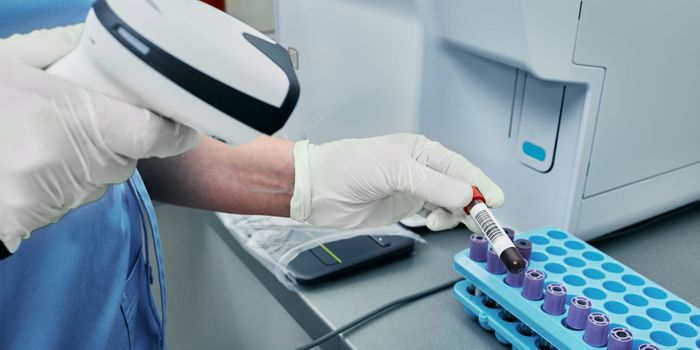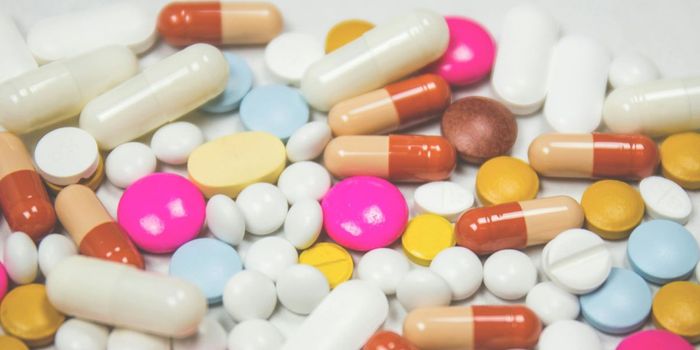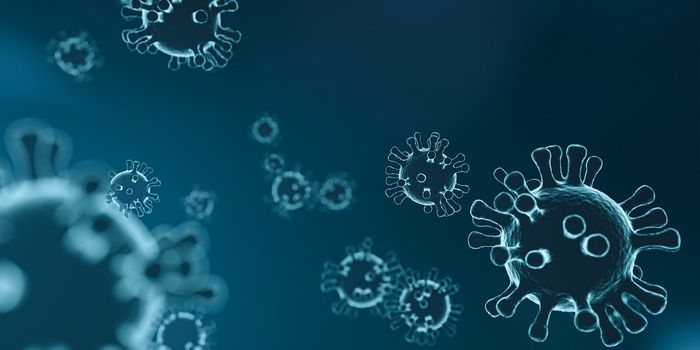Can LSD Treat Addiction?
Modern medicine commonly refers to addiction as a brain disease caused by drugs and other negative stimuli. However, evidence is surmounting that addiction may in fact have more fundamental causes. This is bringing about rapid change in the way it may be treated- namingly, with substances previously considered dangerous and taboo such as LSD.
Although certain drugs and substances may stimulate an addiction response, recent research indicates that it may have a more underlying cause: an inability to connect oneself to a deeper sense of meaning, value and purpose. Nowadays, rather than looking at surface factors which may simply stimulate addiction, researchers are increasingly finding that it may be a form of escapism from the pain associated with the experience of living. Thus, rather than being a pharmacological condition, addiction may indeed be an existential one (Taub: 2018).
This is where psychedelics, such as LSD, come to the table. Known to ignite feelings of a deeper understanding of life and the world when used in controlled settings, psychedelics may be key to addressing existential questions. Their ability to provide different reference points of how reality may be, and to help people confront their fears and limiting beliefs, has been known to make people not only more at peace with any underlying trauma, but also more accepting and calm about life in general. This feeling of peace and acceptance is thus an important step towards curing addiction, as it confronts and dissolves any pain associated with living, and perhaps the addiction too (Bleyer: 2017).
Since LSD was first synthesized, many experiments and studies have demonstrated its efficacy in treating addiction in psychotherapeutic settings. A meta-study looking at six clinical trials between 1966 and 1970, for example, found that of those who had taken LSD as part of their treatment for alcoholism, 59% decreased their alcohol consumption, compared to 38% who did not take the drug (Krebs: 2012). The study further found that participants who took LSD during their therapy were 15% more likely to remain sober six months after leaving treatment than those who did not take it (Chant: 2012).
But how did this happen? The short term effects from taking the psychedelic are known to decrease impulsivity and improve mood by downregulating the serotinin system. However, as brain imaging techniques have shown, this downregulation only lasts for a week, making it unlikely to account for long-term changes. Thus, it has been suggested that any longterm changes from the drug may be caused neuronal changes that essentially cause a remodeling of the brain that unlearns addiction patterns (Bleyer: 2017).
This theory is supported by brain imaging techniques that display how LSD decreases communication between the brain regions that create the Default Mode Network (DMN), a collection of brain areas that control and repress consciousness. When under LSD, researchers have demonstrated how the DMN disintegrates, allowing for an increase in communication between normally segregated brain networks, something that has been associated with more fluid modes of cognition, or clearer thoughts (Carhart-Harrs: 2016). To properly understand the real mechanisms behind its efficacy however, further research is currently underway, as well as modern trials combining LSD with psychotherapeutic practices (MAPS: 2019).
To conclude, as attitudes towards the cause of addiction are changing- from being caused by substances to being caused by existential crises, attitudes towards treatments are changing too. LSD has a strong historical record in aiding with the condition and, coupled with emerging data from new studies further supporting, and refining its utility, it is showing promising signs of becoming an effective treatment for addiction.
Sources
Taub, Benjamin: The Third Wave
Bleyer, Jennifer: Psychology Today
Krebs, TS. et al. : Pub Med
Chant, Ian: Scientific American
Carhart-Harris RL. et al. : Beckley Foundation










